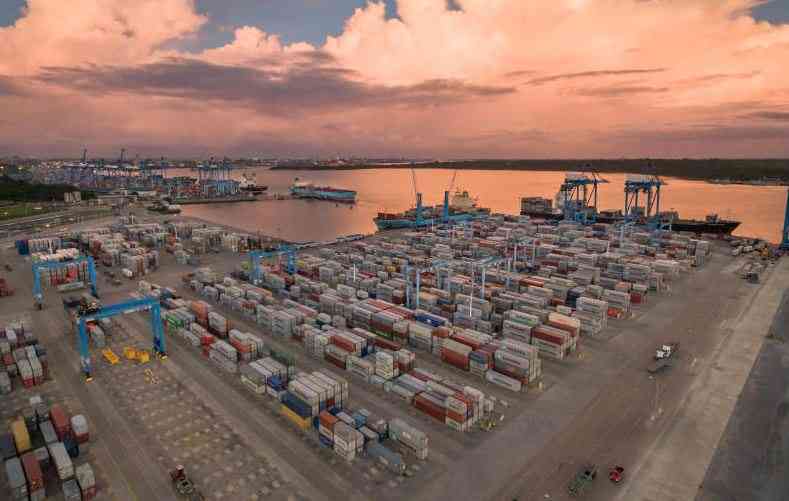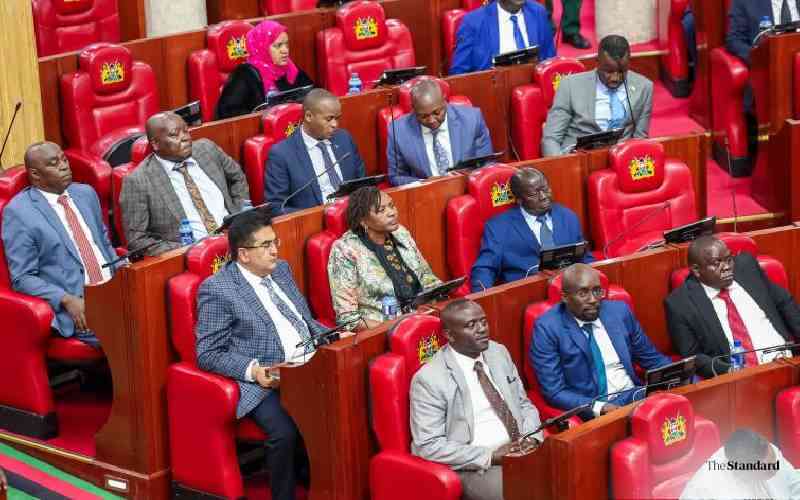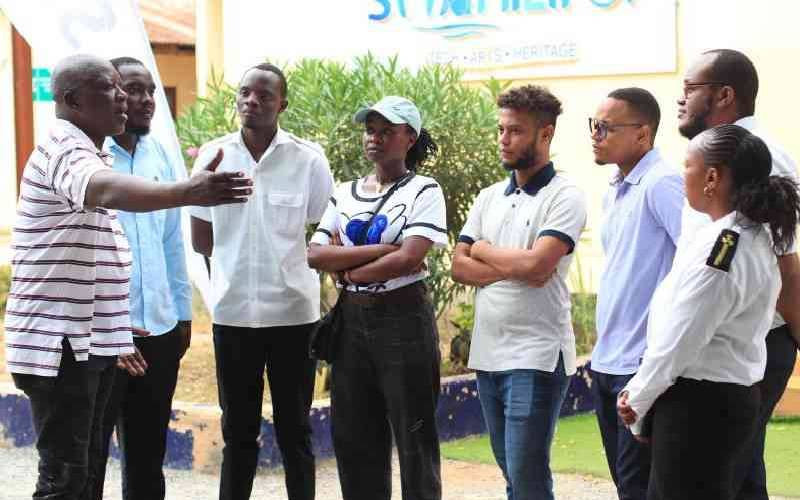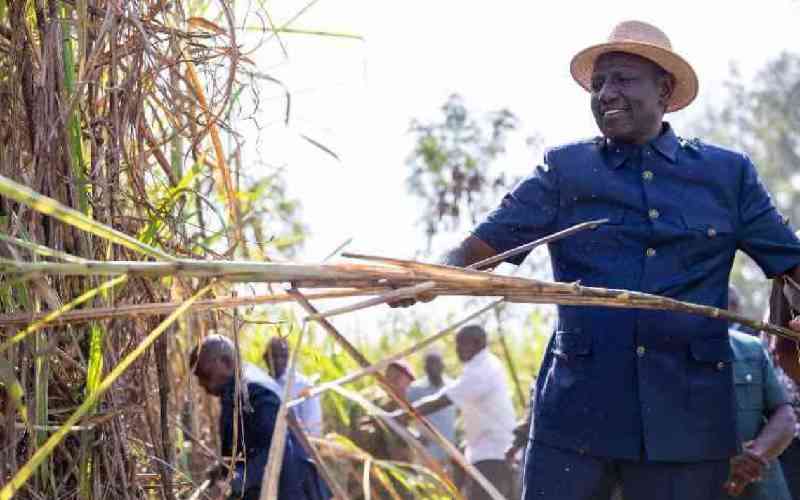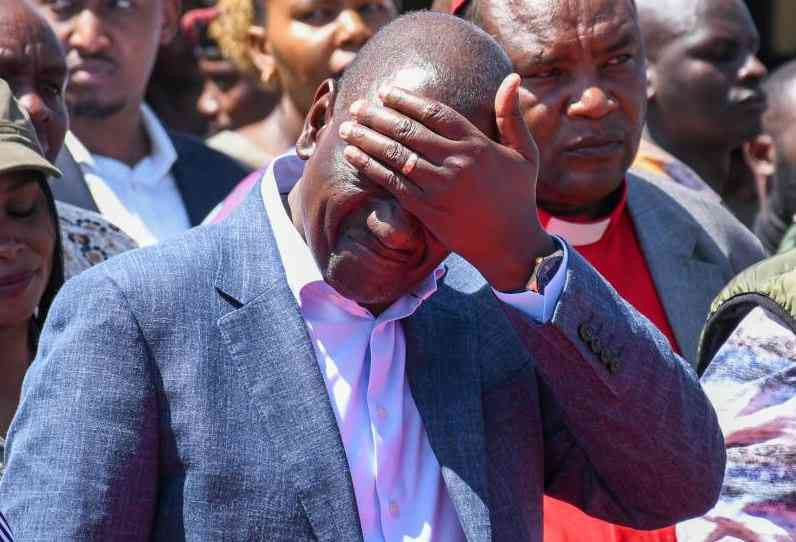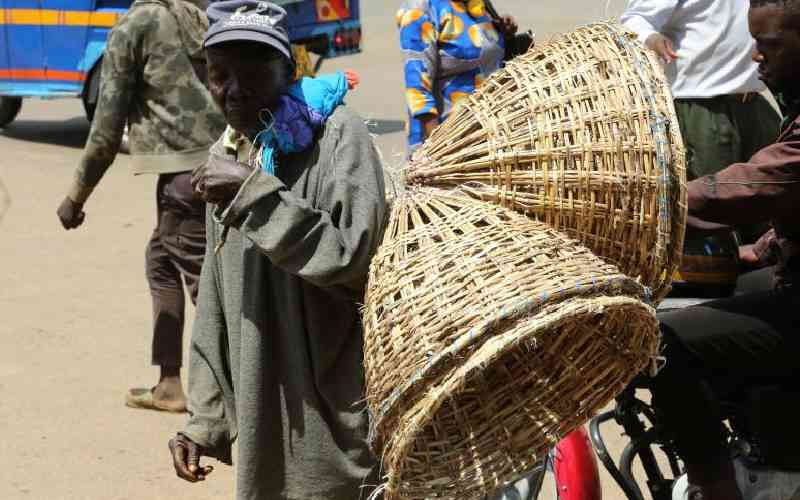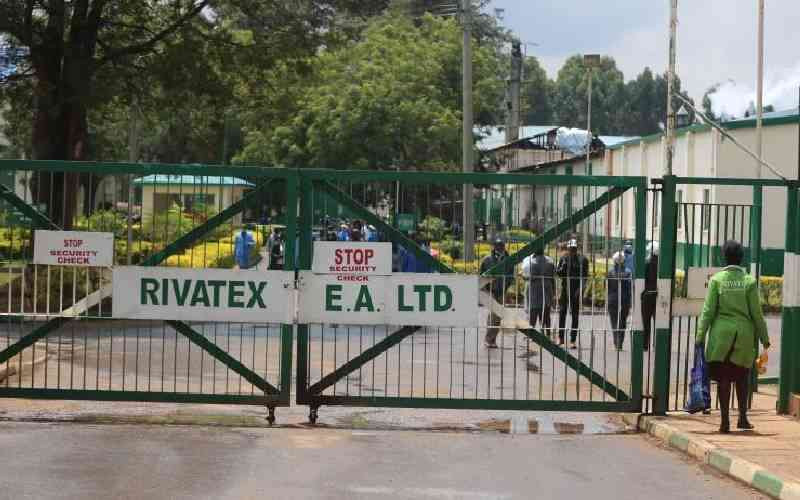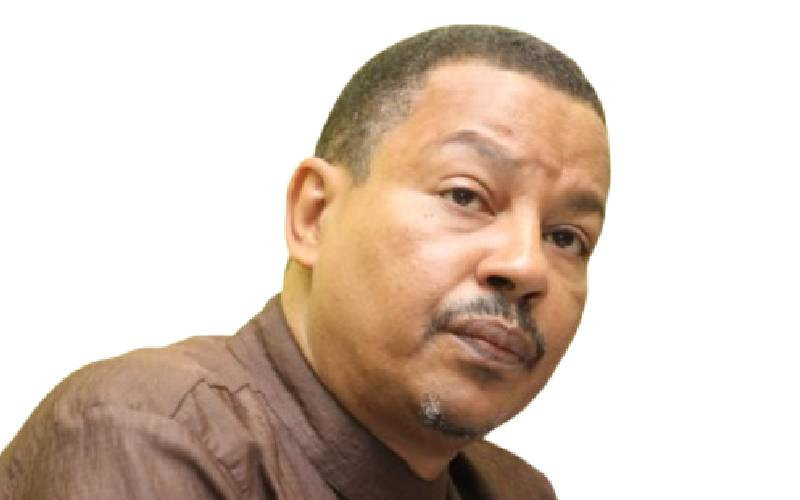
With the resumption of continuous voter registration on September 29, seven by-elections set for November 27, the scramble for the next generation of honest leaders is on.
As Kaggia hits the stage later next week, one wonders what Bildad Mwaganu Kaggia would make of the Kenya he loved and fought for. Written by veteran thespian and playwright John Sibi-Okumu and directed by Stuart Nash, “Kaggia” is set to run between October 11 to 19 at the Kenya National Theatre.
Kaggia (1921–2005) was one of Kenya’s most prominent Kenyan freedom fighters and nationalist politicians. Little known by at least two generations, it was Kaggia who persuaded the young Jomo Kenyatta to leave London for Kenya and advocate political freedom from within.
Kaggia was one of the Kapenguria Six, a group of leaders arrested and tried by the British colonial government in 1952. The six were imprisoned for demanding freedom from racial apartheid, the right to vote and own land among other freedoms.
Unlike Kenyatta, Kaggia was an active strategist and member of the Mau Mau central committee. With Kenyatta, unionist Fred Kubai, businessman Kungu Karumba and journalists Paul Ngei and Achieng Oneko, Kaggia was imprisoned until 1961. Their incarceration became a symbol of resistance. It also catalysed the collapse of one of the most powerful, expansive and brutal empires the world has ever known. The release of the Kapenguria Six and over 70,000 Kenya Land and Freedom (Mau Mau) fighters and supporters from detention preceded the founding of Amnesty International and their designation of prisoners of conscience. It is arguable today that the Kapenguria Six should have been designated prisoners of conscience.
Their imprisonment and principled resistance to colonialism and post-independence injustice aligns with the values Amnesty has defended for the last 60 years, namely freedom of expression, non-violent activism, justice and equality.
The demons of post-colonial politics betrayed their hopes for Kenya, especially Kaggia’s. Elected Kandara MP at independence, Kaggia served as Assistant Minister until one of the most important ideological debates took place.
Now President, Jomo Kenyatta publicly rebuked Kaggia with words like, “We were not jailed to suffer. We were jailed so that we could be leaders” and “Kaggia, what have you done for yourself? We were in detention together but look at you. You have nothing.”
Behind Kenyatta’s capitalist remarks was his firm belief that those who occupied public positions should use those positions to amass personal wealth. Kaggia disagreed.
He believed land redistribution should benefit freedom fighters. He also believed in selflessly serving the people. The Kanu tide moved against Kaggia. Politically marginalised he lost his parliamentary seat and resigned from Kanu. He never changed his position and lived modestly until his death.
Like so many of Kenya’s freedom heroes, Bildad Kaggia will continue to be historically significant yet ignored by the country he helped liberate. Kaggia did not dine with the colonialists or negotiate for his people’s freedom. He believed that independence must mean more than just swapping colonial masters for African masters.
It’s exciting that another generation will witness Kaggia’s story come alive. Born in Dagoretti, Nairobi, he would be 104 this year.
It’s hard to place him in today’s mainstream political landscape. He surely would be appalled by collapsing public services, corruption and “it’s our turn to eat” mentality. He’d likely admire the Gen Z movement for its tribeless, inclusive values.
If he was still living modestly in Jericho, he would be calling for a radical shift in governance and choosing integrity over complicity in a system that breeds poverty and corruption. Kaggia’s legacy was buried by politicians who feared his truth. His name may be missing from our national celebrations and history books.
Stay informed. Subscribe to our newsletter
Streets, schools and airports may continue to honour those who betrayed the mwananchi, but John Sibi-Okumu’s play “Kaggia” ensures his story is not erased again. It also asks the very topical question: What would Kenya be if our leaders were not corrupt? Go watch. I invite you.
